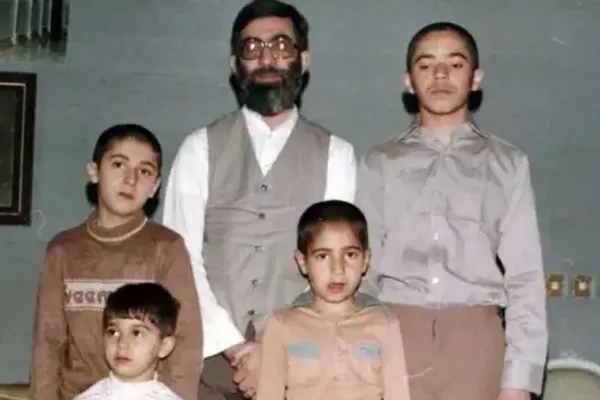
Iran’s invisible 'First Lady': Who Was Khamenei’s wife?
For decades, the wife of Iran’s former Supreme Leader Ali Khamenei lived almost entirely outside public view. Even her death was reported reluctantly, as though she had never been there at all.

For decades, the wife of Iran’s former Supreme Leader Ali Khamenei lived almost entirely outside public view. Even her death was reported reluctantly, as though she had never been there at all.
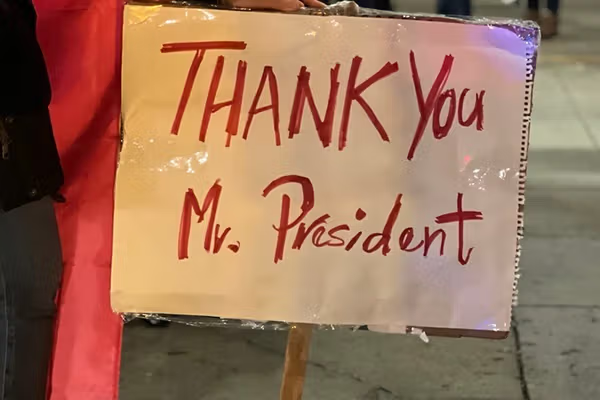
As anti-war protesters in Western capitals chant “no war with Iran,” some Iranians inside and outside the country are cheering the US-Israeli strikes and publicly thanking President Donald Trump.
With Iran at war and its supreme leader dead, Tehran faces a delicate question: whether to appoint a successor quickly to project continuity, or delay the decision to avoid presenting a new leadership target to its enemies.
The death of Iran’s Supreme Leader Ali Khamenei has thrust a rather obscure figure into the center of the country’s uncertain political future.
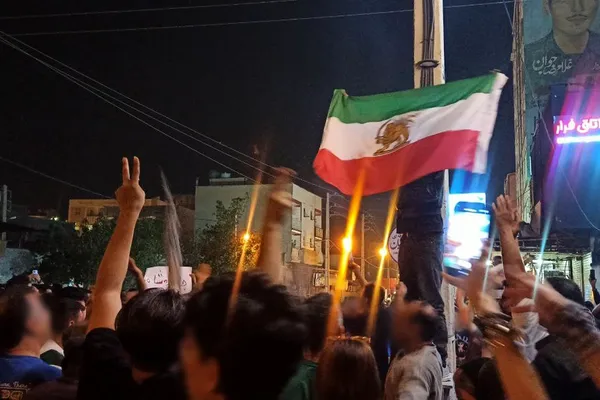
Celebration and stunned disbelief swept across parts of Iran on Saturday evening after US and Israeli officials announced that Supreme Leader Ali Khamenei had been killed.
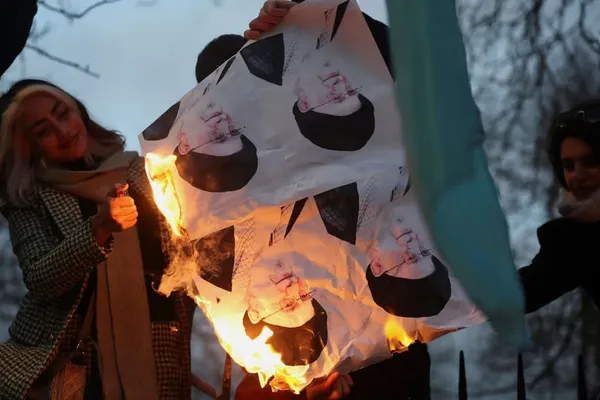
Iran’s Supreme Leader Ali Khamenei was killed in Saturday’s airstrikes, marking the end of more than three decades at the helm of the Islamic Republic and closing a chapter in Iran’s modern history that many Iranians had long hoped to see concluded.

Videos emerging from Iran despite a near-total internet shutdown reflect a rare mix of jubilation, fear and expectation as US and Israeli strikes leave the country’s future suddenly bound to the outcome of the war.
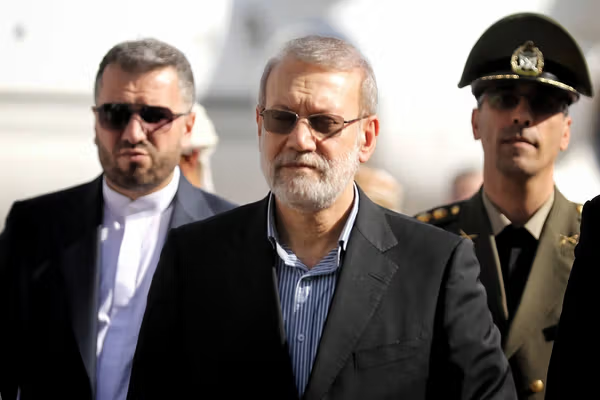
Recent reports in Western outlets on alleged shifts inside Iran’s ruling establishment—particularly the growing role of Ali Larijani—have triggered a mix of denials, dismissals and cautious commentary in Tehran.
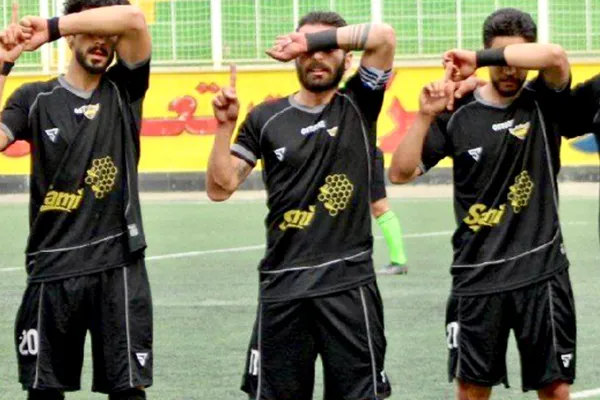
The Islamic Republic’s harsh response to recent protests has spilled beyond politics into sport, where athletes now face a stark choice: compete in silence or risk reprisal.
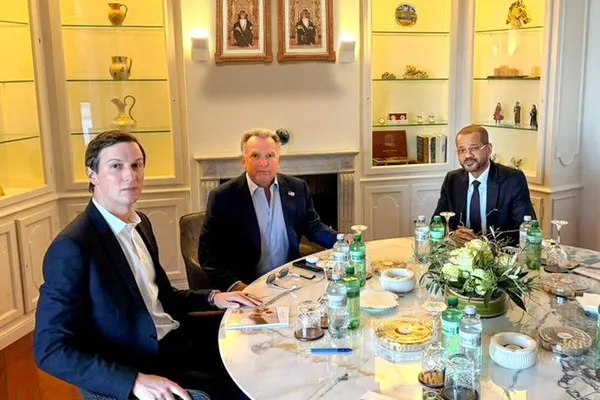
Tehran appeared noticeably downbeat about the outcome of Thursday’s negotiations with Washington in Geneva, with signs of disappointment emerging first on the website of the government’s news agency.
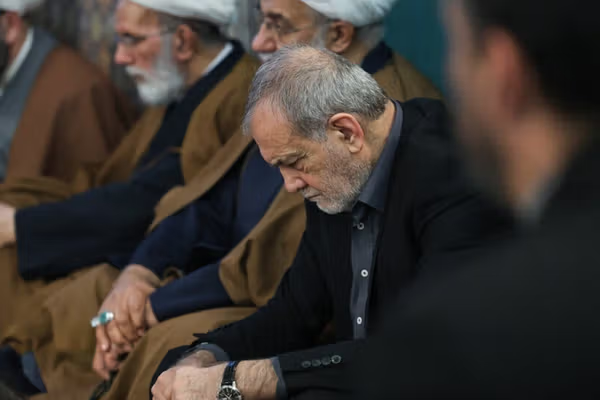
The anxiety splashed across the front pages of Tehran outlets on Thursday did little to quiet the bluffs, threats and illusions that have defined a week of anticipation over possible Israeli or US strikes on Iran.
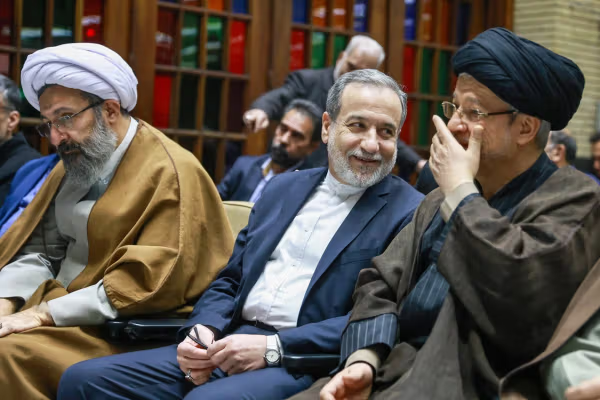
The mood in Tehran on the eve of the third round of talks with Washington appears to be a mix of guarded hope and tightening anxiety.
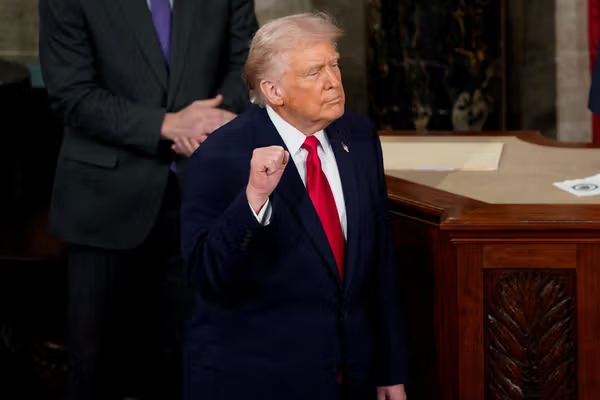
Iranians at home and abroad watched President Donald Trump’s State of the Union address late Tuesday searching for clues about war or peace—and emerged more uncertain than before.
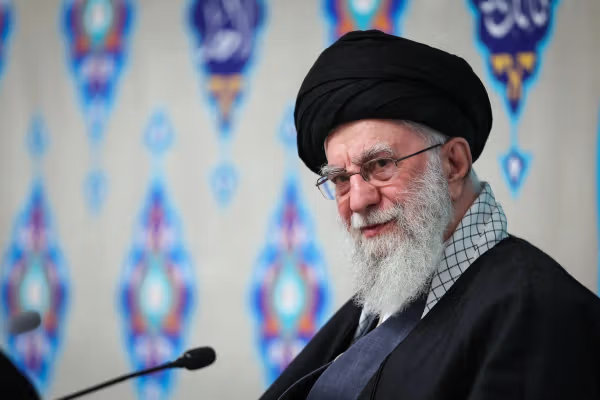
Tehran’s political commentariat continues to issue warnings about social fragmentation, economic collapse and recurring unrest, despite little sign that such appeals are influencing decision-makers at the top.
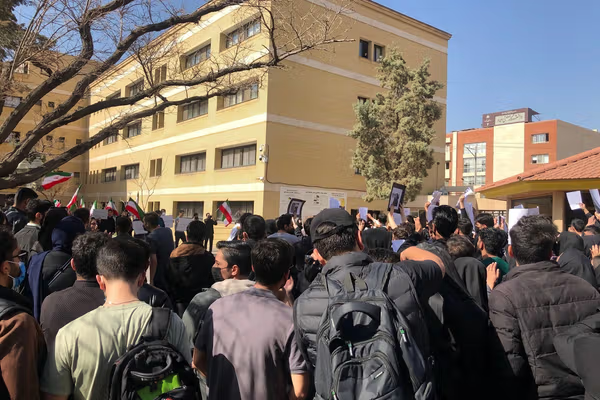
The new academic term in Iran has begun under heavy tension, with students at several major universities staging anti-government protests and forcing authorities to confront a familiar dilemma: suppress dissent or risk wider unrest.

As cartel violence grips Mexico following the death of a top drug lord, experts tell Iran International that Tehran-linked networks may be intertwined with the criminal infrastructure fueling instability across Latin America.
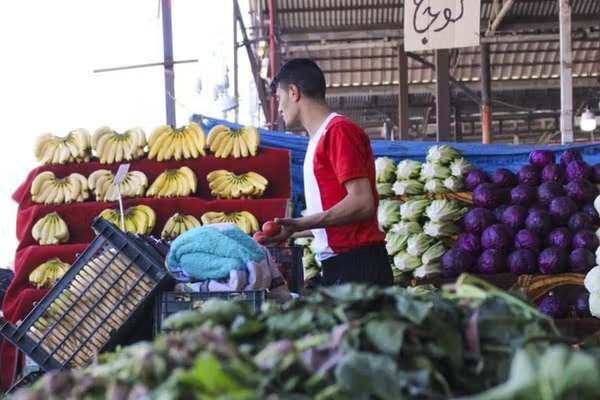
Escalating talk of war and renewed negotiations with the United States may dominate Iran’s political discourse, but the country’s deepening economic crisis is more present in daily life—and no less likely to drive change.
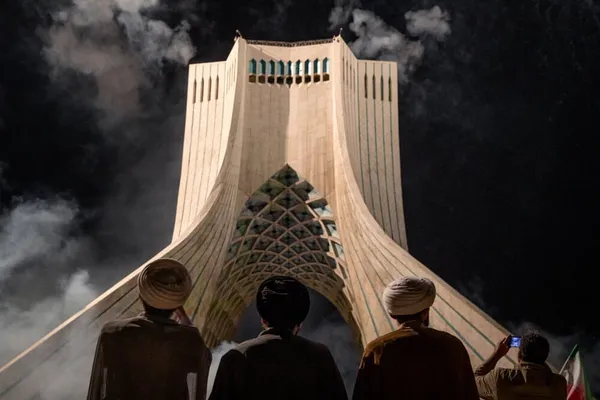
A sense of fatalistic anticipation is spreading in Iran as the threat of a US strike grows, with many expressing fear of war but also resignation that it may be unavoidable—or even transformative.
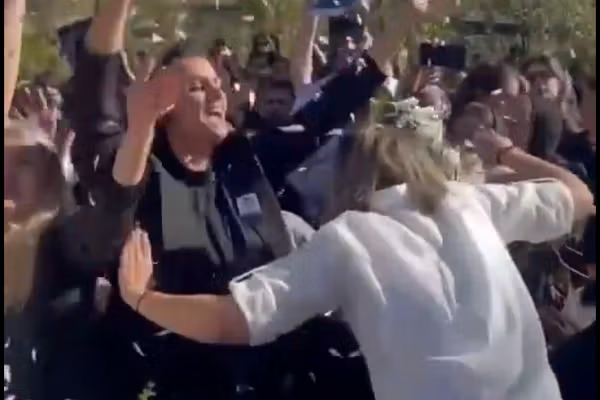
Iran’s January massacre of protesters has left scars far beyond the streets. In cemeteries and hometowns, families are transforming centuries-old mourning rites into defiant celebrations of lives cut short.
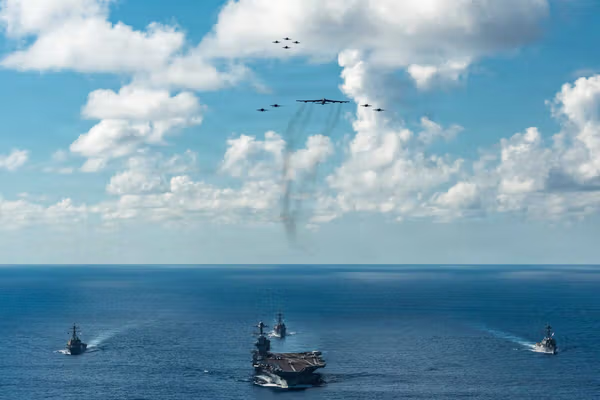
A sharp increase in US military deployments to the Middle East has intensified uncertainty in Tehran, where analysts and officials are debating whether the buildup signals imminent conflict or a bid to gain leverage in nuclear negotiations.

Student walkouts at schools across Iran this week underscored the continuing political presence of a younger generation that has remained deeply engaged despite months of arrests and repression.
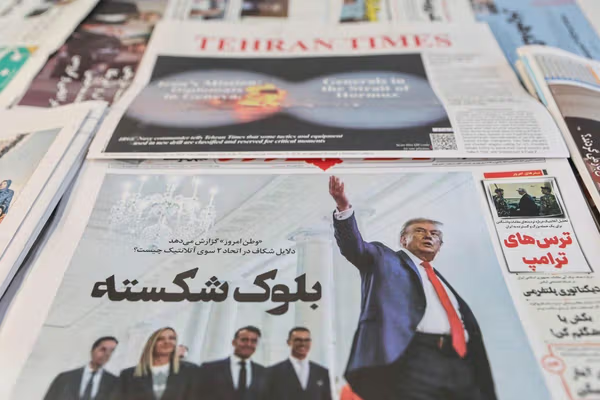
The second round of Iran–US nuclear talks was met with a muted and often critical reaction in Tehran, where official outlets questioned Washington’s commitment after American negotiators left Geneva within hours despite Iran’s offer to continue discussions.